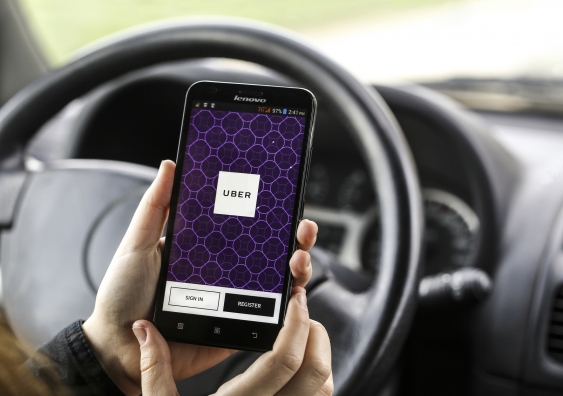No economic case for taxi compensation should Uber become legal
Long-time taxi licence holders should not receive taxpayer funded financial compensation if ride-sharing services such as Uber become legal, a new report commissioned by Uber suggests.
Long-time taxi licence holders should not receive taxpayer funded financial compensation if ride-sharing services such as Uber become legal, a new report commissioned by Uber suggests.

Long-time taxi licence holders should not receive taxpayer financial compensation if ride-sharing services such as Uber become legal, a new report by UNSW professor of economics Richard Holden suggests.
Uber is an app-based service that works by connecting customers with drivers who use their own cars. The passenger pays for the service using the app, meaning no cash is involved.
The report found those who have held taxi licences for an extended time will have earned significant returns due to controlled licensing.
Uber is worried about the impact of a levy on fares to compensate taxi licence owners, such as in South Australia and New South Wales.
Professor Holden, form UNSW's Business School, has looked at the economics of compensating licence holders, in the report commissioned by Uber.
“The asset that taxi licence holders purchase is a kind of lottery, where regulations barring entry continue, and holders enjoy super normal returns,” he says. “In markets with these kinds of risks, the regulatory asset prices typically adjust to ensure that investors earn an appropriate return.”
He suggests that compensation, if it is deemed appropriate, is paid by the government from consolidated revenue.
Holden asks, “if those taxi drivers who already hold a licence have already made their money back, and if the licence will continue to have value, allowing them to earn more revenue, what is being compensated?"